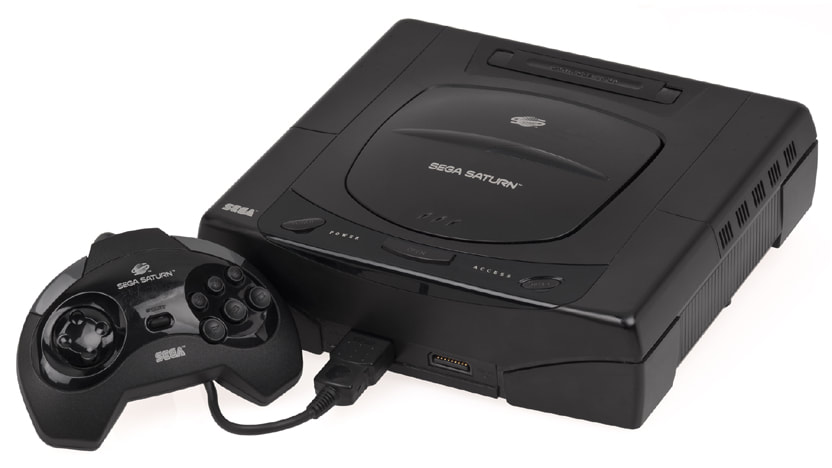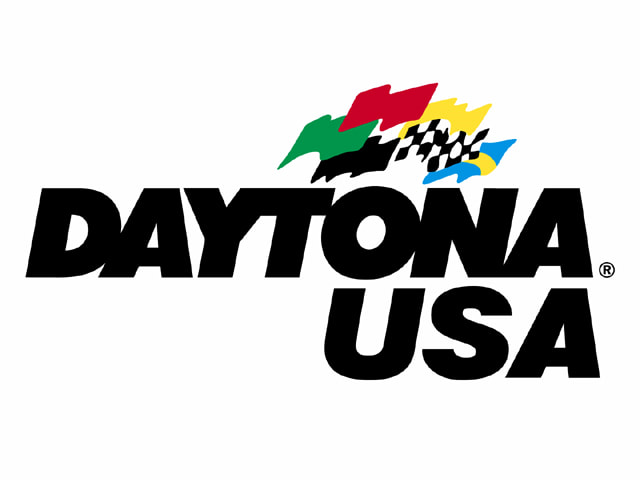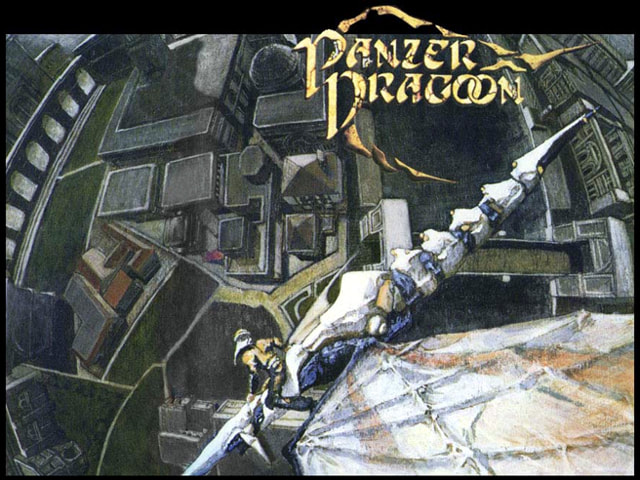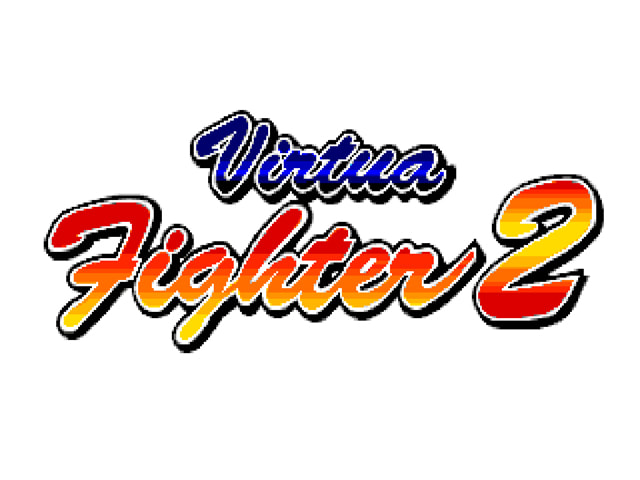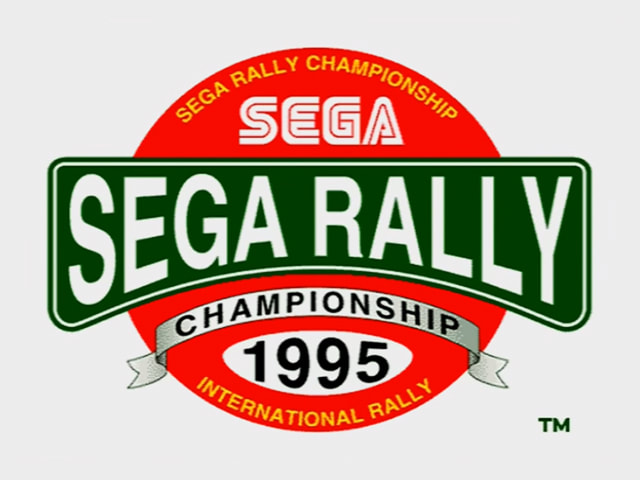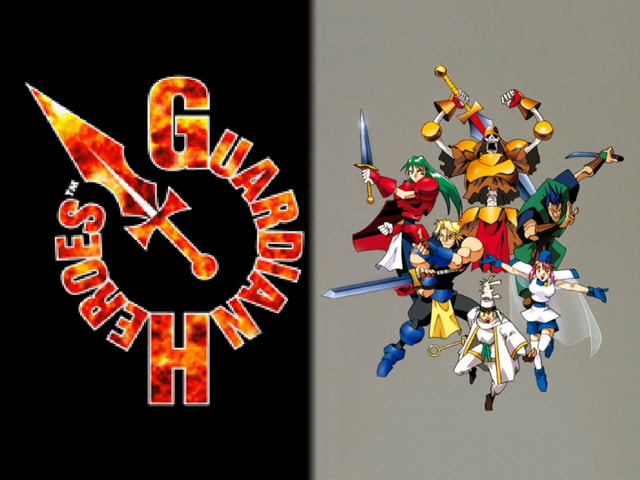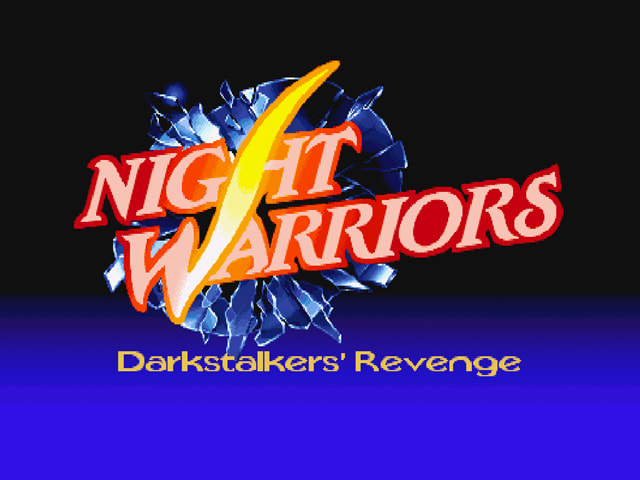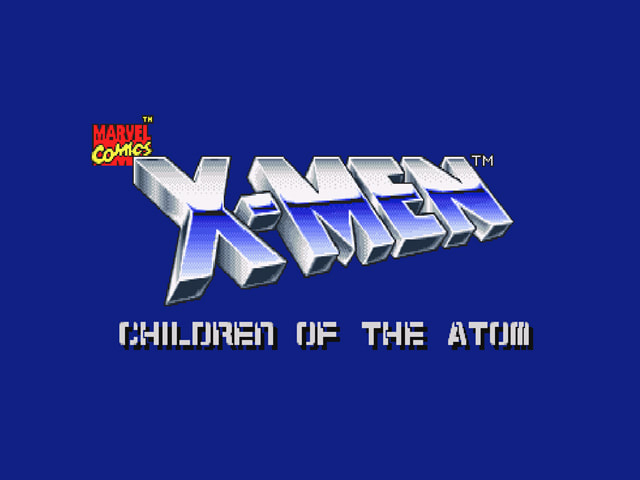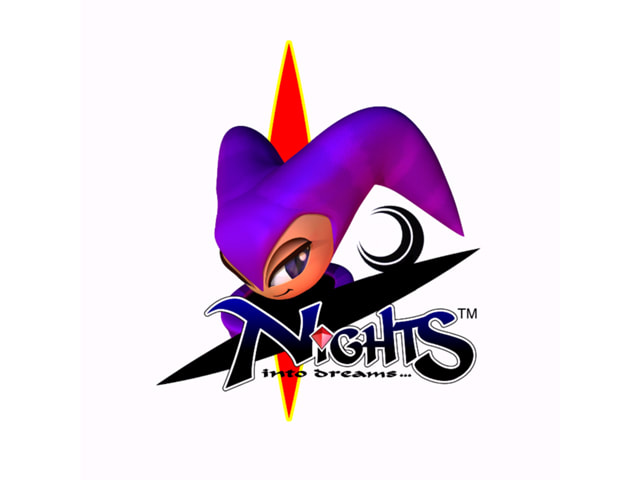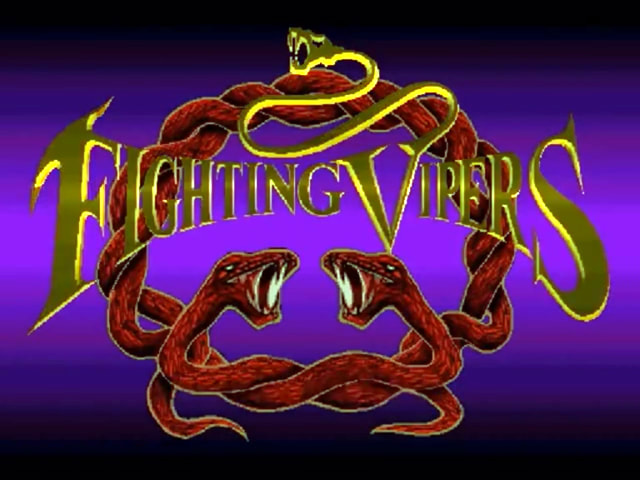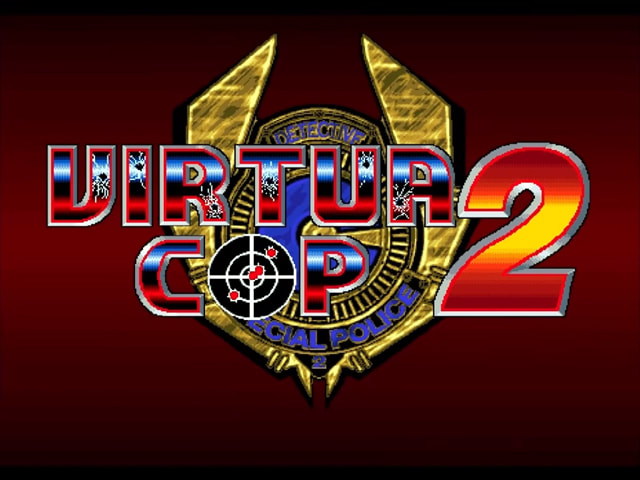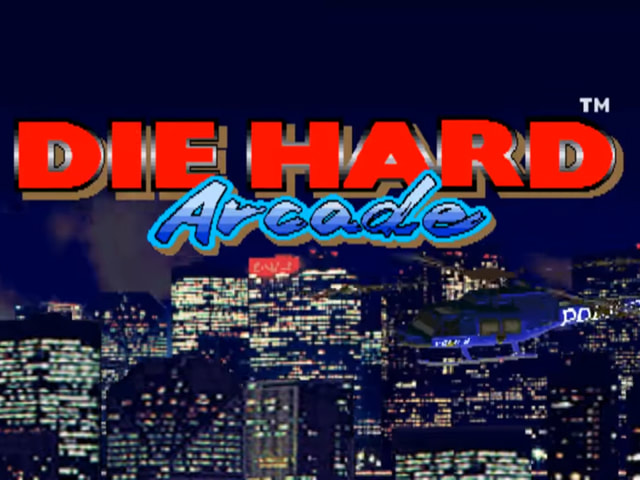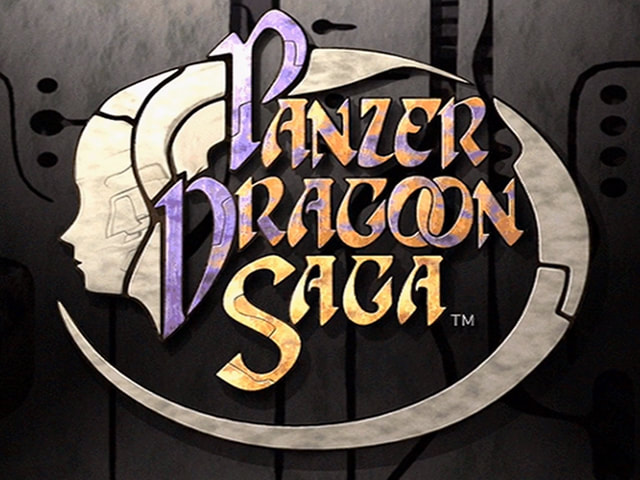Sega's failures with the Saturn were manifold and they arguably began before the system was even conceived of. In the early part of the '90s, in order to compete with NEC's recently released TurboGrafx CD (as well as Nintendo's rumored upcoming Super Nintendo CD add-on (which is what essentially went on to become the PlayStation) Sega decided to develop and release their own CD drive for their popular Genesis console. Later, Sega would also release an additional, more powerful, cartridge-based add-on for the Genesis - the 32X. Both of these peripherals were largely over-priced failures that mainly served to fragment and frustrate Sega's previously growing fan base.
Despite the fact that backwards compatibility has never been much of an industry standard, the lack of it in the Saturn's case certainly didn't win it any supporters. Sega's newest console included a CD drive and a cartridge slot, yet could play neither Sega CD discs, nor any of the two previous generations worth of Master System, Genesis, or 32X cartridges. Adding insult to injury, the Saturn was announced at a price point of $399, $100 more than Sony's PlayStation. Many fans balked at the prospect of having to pay more for Sega's hardware, after having already shelled out for supefluous add-ons and media that were no longer being supported.
Finally, Sega had initially indicated that the Saturn would launch on Satur[n]day, September 2nd, 1995. However, they decided to be clever and try to get a jump on the competition. At the (very first) Electronic Entertainment Expo on May 11th of that year, they surprised everyone by announcing that it was already available, that very day, at select stores. Unfortunately, the plan backfired. Key retailers that were not let in on the surprise were more than a little upset with Sega. One store chain even responded by dropping Sega's wares altogether. To make matters worse, most of the launch games were still scheduled for release in September, leaving the Saturn with few titles to choose from during the first several months of its life. By the time the PlayStation was released, not a great deal of gamers had opted to pick up a Saturn and Sony's console quickly and easily surpassed the sales of Sega's offering.
Sega may have inadvertently sealed the Saturn's fate before (and even on) the date it came out, but that doesn't mean the console was totally worthless. To the Sega loyalists who were still willing to buy one when it launched, or the more cost-conscious fans who waited for the price reductions that followed soon after, the Saturn was still the best place to play fantastic new titles that could only be found in the arcades (if anywhere else). The games are the biggest reason why, despite all of its numerous failings, the Saturn is still viewed with a modicum of respect, and a good bit of nostalgia in certain circles. So, as a way to honor it on its 24th birthday today, we would like to present you with 12 such examples of the Sega Saturn's said sole saving grace.
Sony used Sega's apparent ineptitude to their unquestionable advantage, quickly and easily taking a commanding early lead with their debut PlayStation console. In the second year of competition, the Nintendo 64 had entered the fray and Sega only fell further behind in sales. By late 1997, Sega only controlled 12% of the console market and, a year later, decided to cut their losses and shift focus to their next console, the Dreamcast. Despite having a much better marketing strategy and a legitimate Sonic game this time, the Dreamcast, too, ultimately ended in failure and tragically marked the end of Sega's lengthy and dramatic career as a console manufacturer.
Thankfully, Sega wasn't totally destroyed by their failures and they were able to succeed in finding a way to press on as a developer and publisher. In that capacity, they found new success by partnering up with their former rivals and continuing to create those same memorable experiences that made their own consoles such a force to be reckoned with (for the most part) in the first place. While the Saturn may not have represented their finest hour in the console wars, they were able to keep things at least somewhat interesting for a time, no matter how fleeting it may have been.

